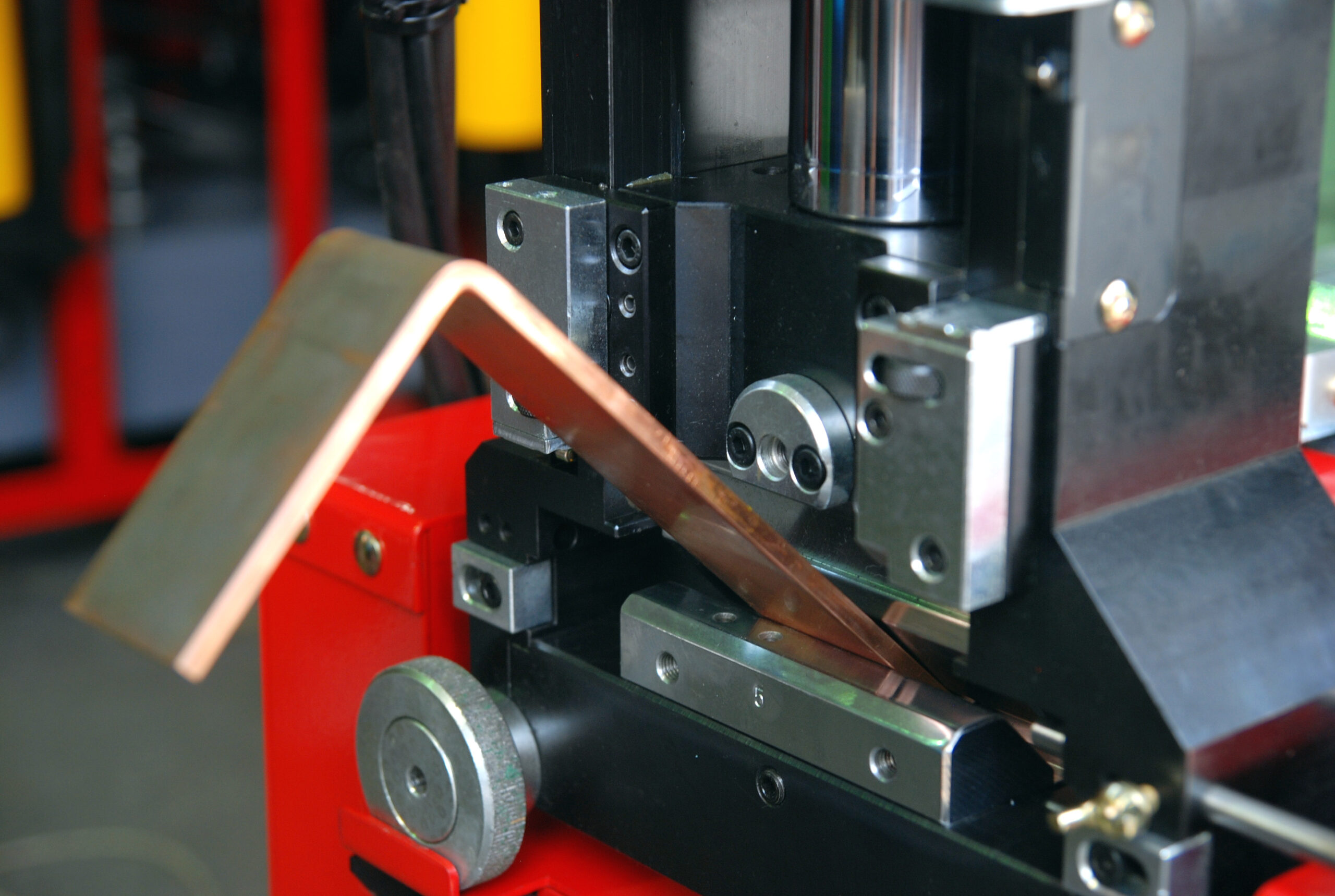In an age characterized by rapid technological advancements, the role of machines has emerged as a central element of our daily lives. These busbar machine , driven by artificial intelligence (AI), are the linchpin of a digital revolution that is transforming industries, economies, and societies at an unprecedented pace.
Machines have become ubiquitous in modern society, permeating every aspect of our lives. From voice-activated virtual assistants that manage our schedules and answer our queries to autonomous vehicles that promise to redefine transportation, these marvels of engineering are pushing the boundaries of what was once thought possible.
One of the most transformative applications of machines is in the field of healthcare. Medical robots and AI-driven diagnostics are enhancing patient care, improving accuracy, and even performing complex surgeries with unparalleled precision. In research and development, machines are revolutionizing drug discovery, analyzing vast datasets to identify potential treatments for diseases that have eluded scientists for decades.
The impact of machines extends beyond the confines of healthcare. In agriculture, smart machines equipped with sensors and AI algorithms are optimizing crop yield, reducing waste, and contributing to sustainable farming practices. In manufacturing, robots are taking on repetitive and hazardous tasks, while 3D printers are revolutionizing production processes by creating intricate components with remarkable efficiency.
The rise of machines has also sparked conversations about the future of work. While some worry about job displacement, others see opportunities for humans and machines to collaborate, with AI handling routine tasks, enabling humans to focus on creativity, innovation, and problem-solving. The balance between these two perspectives will shape the future of our workforce.
